Colocation
Equinix PA10 data center is being used to heat the Olympic Aquatic Centre in Paris
Sustainability
Paris 2024: Excess Data Center Heat Used to Warm Olympic Swimming PoolsParis 2024: Excess Data Center Heat Used to Warm Olympic Swimming Pools
An Equinix data center is playing a supporting role at the Paris Summer Olympics this year. We take a closer look at the project.
Subscribe to the Data Center Knowledge Newsletter
Get analysis and expert insight on the latest in data center business and technology delivered to your inbox daily.








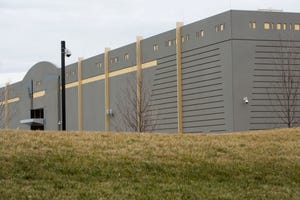







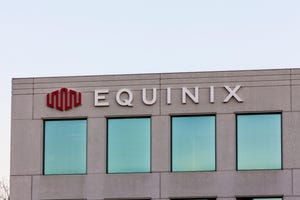
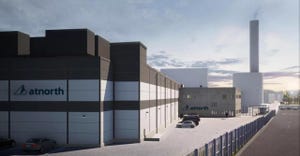
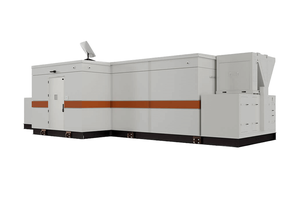
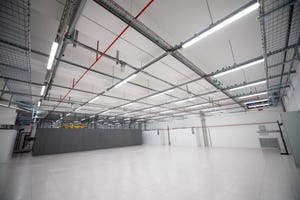
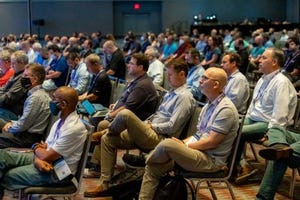























.jpg?width=700&auto=webp&quality=80&disable=upscale)



